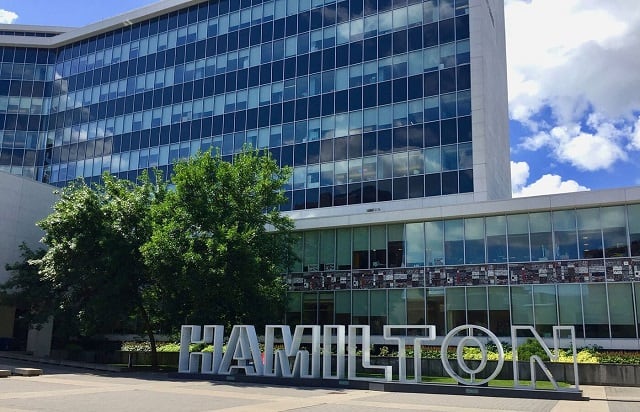Hamilton councillors push to license landlords near McMaster, Mohawk
Published August 5, 2021 at 9:47 pm

A pair of city councillors want to license landlords in the neighbourhoods around Hamilton’s post-secondary institutions immediately, rather than possibly do so after further study by municipal staff.
The City of Hamilton’s planning committee is set discuss a rental housing licensing bylaw pilot at its meeting on Tuesday (Aug. 10). However, Ward 1 city councillor Maureen Wilson and Ward 8 counterpart John-Paul Danko said they will move a motion calling for such a bylaw to be implemented immediately in the areas around McMaster University and Mohawk College.
City staff have recommended delaying further discussion of the pilot project until early 2023. It would be established in both Danko and Wilson’s wards, and part of Ward 14.
In a joint statement issued Thursday (Aug. 5), Wilson likened licensing landlords to licensing other tradespeople.
“They (landlords) are businesses and need to be treated as such,” Wilson stated. “They city licenses and inspects restaurants and hair salons for reasons of health and safety. Why not these rental properties? A cost recovery licensing model ensures that owner-operators, and not taxpayers, are funding a program which will go a long way in creating healthy and safe places for tenants to live.”
Wilson and Danko said they will push for passing an alternative proposal in the same staff report. It says Hamilton could cover about 84 per cent the cost of running the pilot project for two years through licensing, inspection and zoning verification fees. It would require the equivalent of 10 full-time staff, with a net levy impact of $331,000.
A progress report would be presented to the city after 18 months.
Danko, whose ward is near McMaster, tied the need for licensing to the effect that having a family dwelling shared by upward of a half-dozen students can have on a neighbourhood.
“There are neighbourhoods in Ward 8 where nearly every home has been purchased by absentee landlords and real estate investors,” he stated. “These former family homes are then converted to illegal rental units with eight, 10 or more adult tenants with little regard to the impact on the neighbourhood. This (proposed) bylaw provides the city the leverage necessary to hold investor property owners accountable for the rental units they own and make sure that the tenants are living in a space that is safe, legal and meeting all regulations.”
The pilot area contains approximately 2,000 rental properties that would be subject to the licensing bylaw.
INsauga's Editorial Standards and Policies